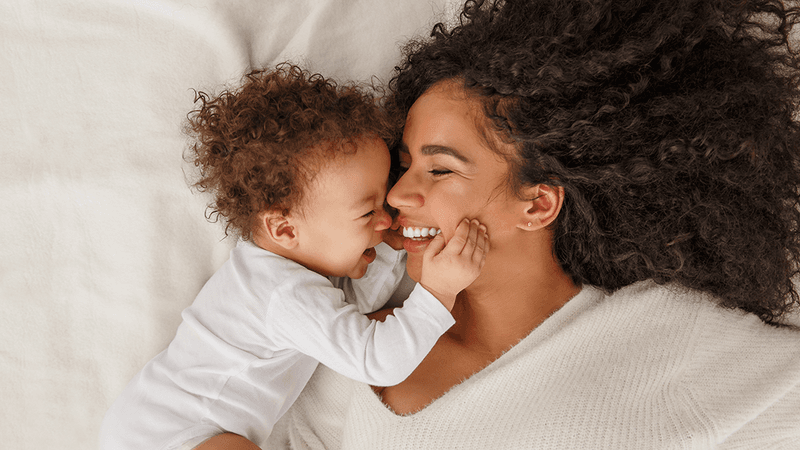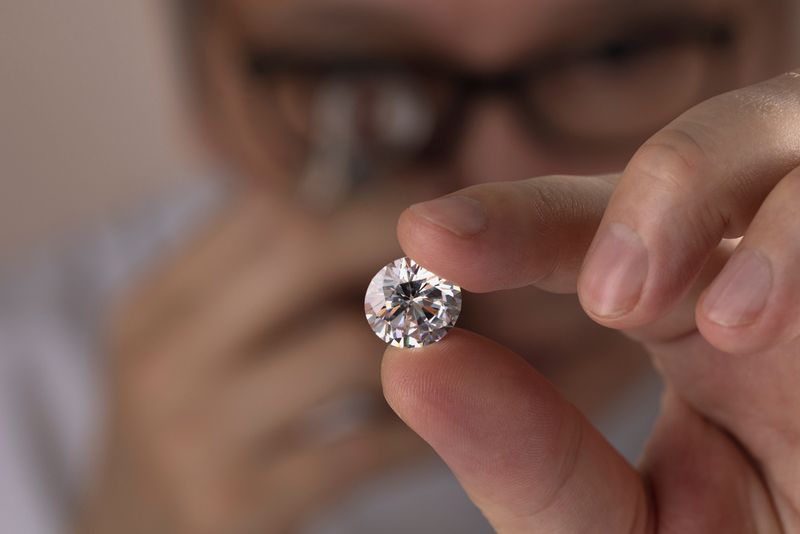Women who have recently given birth are more likely to experience pareidolia than other women, a new study has found.
The team had conducted previous research on pareidolia, the phenomenon of seeing familiar patterns in objects. They found in a previous study that illusory faces seen in everyday objects were more likely to be perceived as male. After that research, the team was contacted by a number of women who reported seeing more illusory faces after they had given birth, prompting them to investigate.
In the new study, 84 pregnant women, 79 women who had given birth in the last 12 months, and women who were not pregnant nor in this postpartum period were asked to look at a series of images played to them at random.
These images contained images of human faces, images of ordinary objects, and images containing illusory faces. The participants were asked to give a rating of 0 (no I don't see a face) to 10 (I definitely see a face).
"We found postpartum women were more susceptible to face pareidolia," Dr Jessica Taubert, lead author of the paper, said in a statement. "We know our brains have heightened sensitivity to anything resembling a face-like structure, and this plays a crucial role in detecting the presence of human faces in our surroundings. Until now weren't aware that our sensitivity to face pareidolia fluctuated throughout different stages of life."
The team believes the difference is down to an increase in oxytocin after giving birth.
Taubert explained, "Oxytocin is known for reducing stress, enhancing mood and promoting maternal behaviors like lactation, so it could contribute to a heightened sensitivity in perceiving faces in objects."
"The research also suggests that our responses to socially-relevant stimuli are heightened during early parenthood," Taubert added. "This opens new lines of investigation because we know very little about how the brain adapts to the unique challenges associated with caring for a newborn."
The study is published in Biology Letters.




